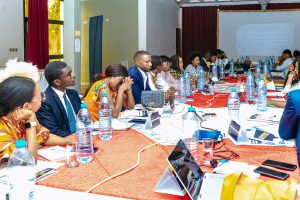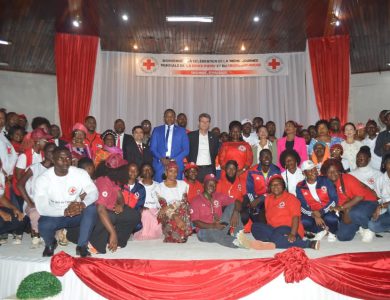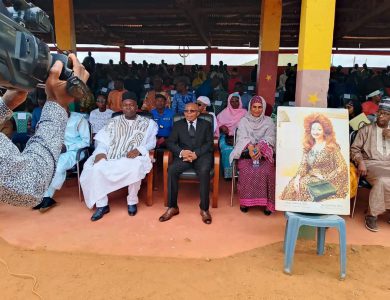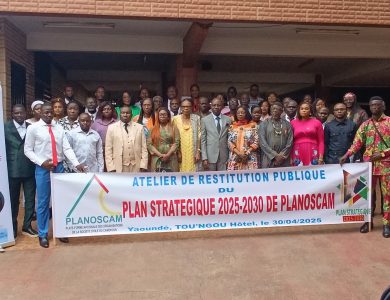Over 20 journalists are learning new techniques of reporting on the fight against Malaria at a three-day training workshop in Soa Sub-Division, a locality on the outskirts of Yaoundé.
The journalists are picking up skills to enable them adequately report on the spread, treatment and prevention of the disease. Exploring new angles, effective reporting on malaria indicators, and sharing new and underreported stories are also at the heart of discussions at the training workshop.

The training is organized by the Ministries of Public Health and Communication, the National Malaria Control Programme (NMCP), the Association of Scientific Journalists and Communicators for the Promotion of Health in Cameroon (AJC- PROSANTE) and Impact Santé Afrique.
A cream of experts from the Ministry of Communication, Public Health, Impact Santé Afrique and Communication experts are facilitating the plenary sessions of the workshop to hold from 25-27th September.
“We want to see the media produce qualitative and quantitative reports on the fight against Malaria”. Noussi Jancinte Eugénie, Head of the Communication Unit for Development and Civic Awareness at the Ministry of Communication says.
The stakes
Stakeholders at the workshop believe that educating the population on the proper use of treated mosquito bed nets, having children take the Malaria vaccine and preventive treatment for the disease constitutes an important assignment for the health reporters in Cameroon.
“Journalists committed to fight Malaria are expected to educate the public on these issues in order to positively contribute to the fight against the diasease,” Rostand Tchami, editor-in-chief of Infos Santé Nature newspaper said.
The training workshop is taking place shortly after the adoption of the multi-sectoral plan for Malaria expected to speed up efforts to eliminate the disease in Cameroon by 2030.
Among pressing issues being addressed by the media professionals is how to meet the financial needs required to implement the multi-sectoral plan to fight Malaria from 2024-2028.
In attendance are members of the network of journalists reporting on Malaria. The three-day training is a platform doe the experts to outline a plan of action for 2025.
Malaria prevalence
The threat to climate change has reportedly contributed to frequent outbreaks in malaria and other vector borne diseases.
Cameroon is the 11th country, most affected by the disease. Other affected countries are Burlingame Faso, Ghana, India, Mali, Mozambique, Niger, Nigeria, Uganda, Democratic Republic of Congo, South Sudan and Tanzania. The multi-sectoral plan is expected to reduce the Malaria burden in the country by 75%.
Accordingly, the training workshop is expected to contribute in building the capacities of journalists reporting on malaria and enabling them chart a course for significant contribution to the implementation of the Multi-sectoral plan.
Malaria remains one of the causes of deaths in children below five and pregnant women in Cameroon . In 2023, the National Malaria Control Programme reported a prevalence rate of 26%, alongside 1759 deaths linked to Malaria .
Kathy Neba Sina











